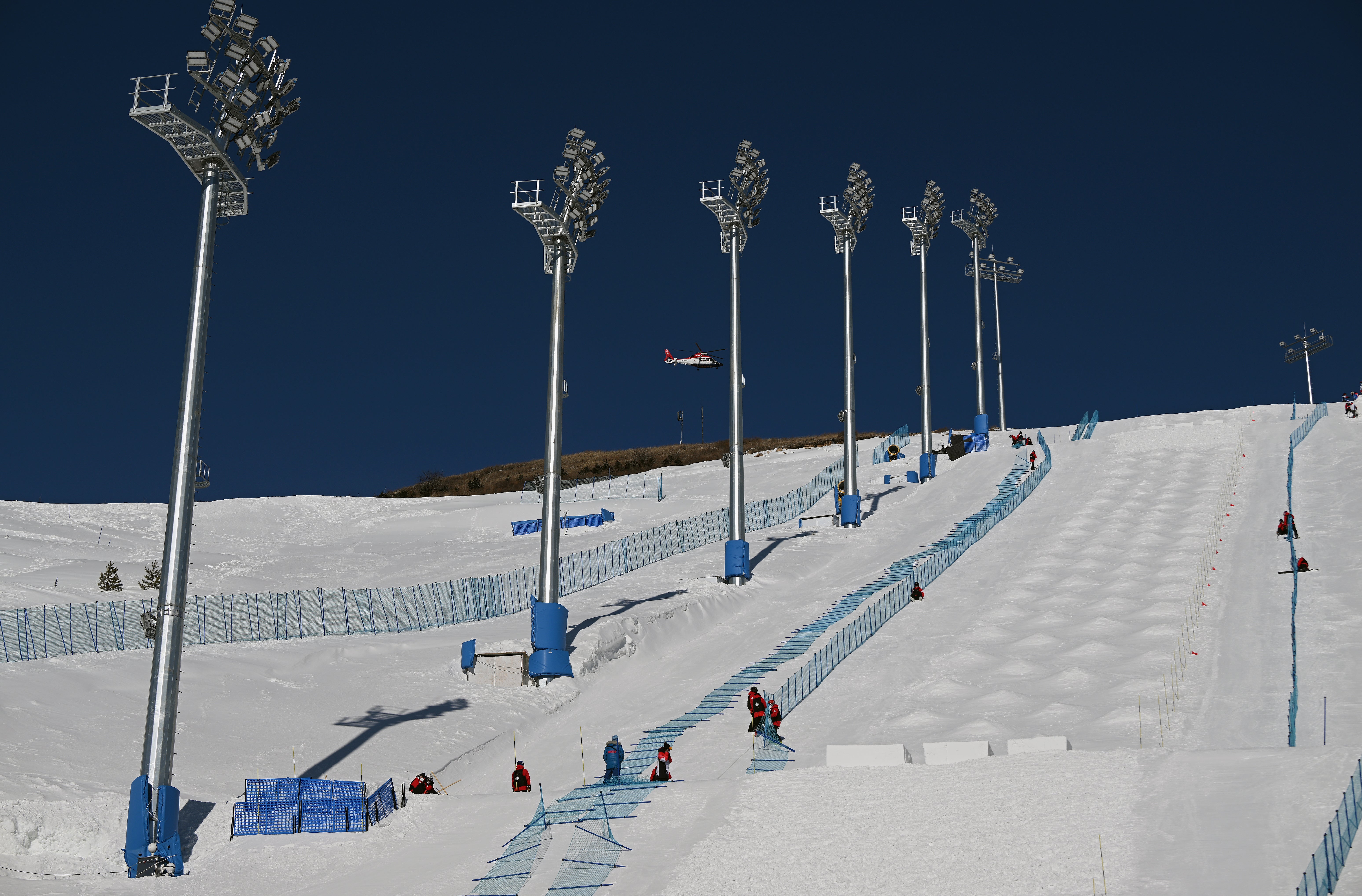Climate change threatens future Winter Olympics and snow sports, research claims
Researchers estimate that by 2050 only 10 of 21 previous Winter Olympics venues will have the “climate suitability” and natural snowfall levels to host the event

Your support helps us to tell the story
From reproductive rights to climate change to Big Tech, The Independent is on the ground when the story is developing. Whether it's investigating the financials of Elon Musk's pro-Trump PAC or producing our latest documentary, 'The A Word', which shines a light on the American women fighting for reproductive rights, we know how important it is to parse out the facts from the messaging.
At such a critical moment in US history, we need reporters on the ground. Your donation allows us to keep sending journalists to speak to both sides of the story.
The Independent is trusted by Americans across the entire political spectrum. And unlike many other quality news outlets, we choose not to lock Americans out of our reporting and analysis with paywalls. We believe quality journalism should be available to everyone, paid for by those who can afford it.
Your support makes all the difference.Climate change is threatening the Winter Olympics and the future of snow sports by making conditions much more dangerous for athletes and participants, experts warned in a report published a week before the 2022 Winter Games in Beijing.
The Games, which start on February 4, will be the first Winter Olympics to use almost 100 percent artificial snow, deploying more than 100 snow generators and 300 snow-cannons working flat out to cover the ski slopes.
"This is not only energy and water intensive, frequently using chemicals to slow melt, but also delivers a surface that many competitors say is unpredictable and potentially dangerous," said the report, written by researchers from the Sport Ecology Group at Loughborough University in England and the Protect Our Winters environment group.
The Beijing organising committee has issued a sustainability report saying the Games' "smart snowmaking system" could use 20 percent less water than traditional methods.
The organisers have also sought to counter fears that the Games will put pressure on local water supplies by saying they will rely for their snowmaking on mountain runoff and rainfall collected during the summer.
The research noted that climate change meant natural snow was becoming less plentiful in many regions of the world, and was reducing the amount of water available for artificial snow, putting the global snow sport industry at risk.
"Navigating erratic snow seasons and rapid melt of low-level resorts are now the norm for many competitors," the research said.
"The risk is clear: man-made warming is threatening the long-term future of winter sports. It is also reducing the number of climatically suitable host venues for the Winter Olympiad."
Of the 21 venues used for the Winter Games since the French resort of Chamonix hosted the first in 1924, researchers estimate that, by 2050, only 10 will have the "climate suitability" and natural snowfall levels to host an event.
Chamonix is now rated "high risk" along with venues in Norway, France and Austria, while Vancouver in Canada, Sochi in Russia and Squaw Valley in the United States are deemed "unreliable".
Reuters
Join our commenting forum
Join thought-provoking conversations, follow other Independent readers and see their replies
Comments